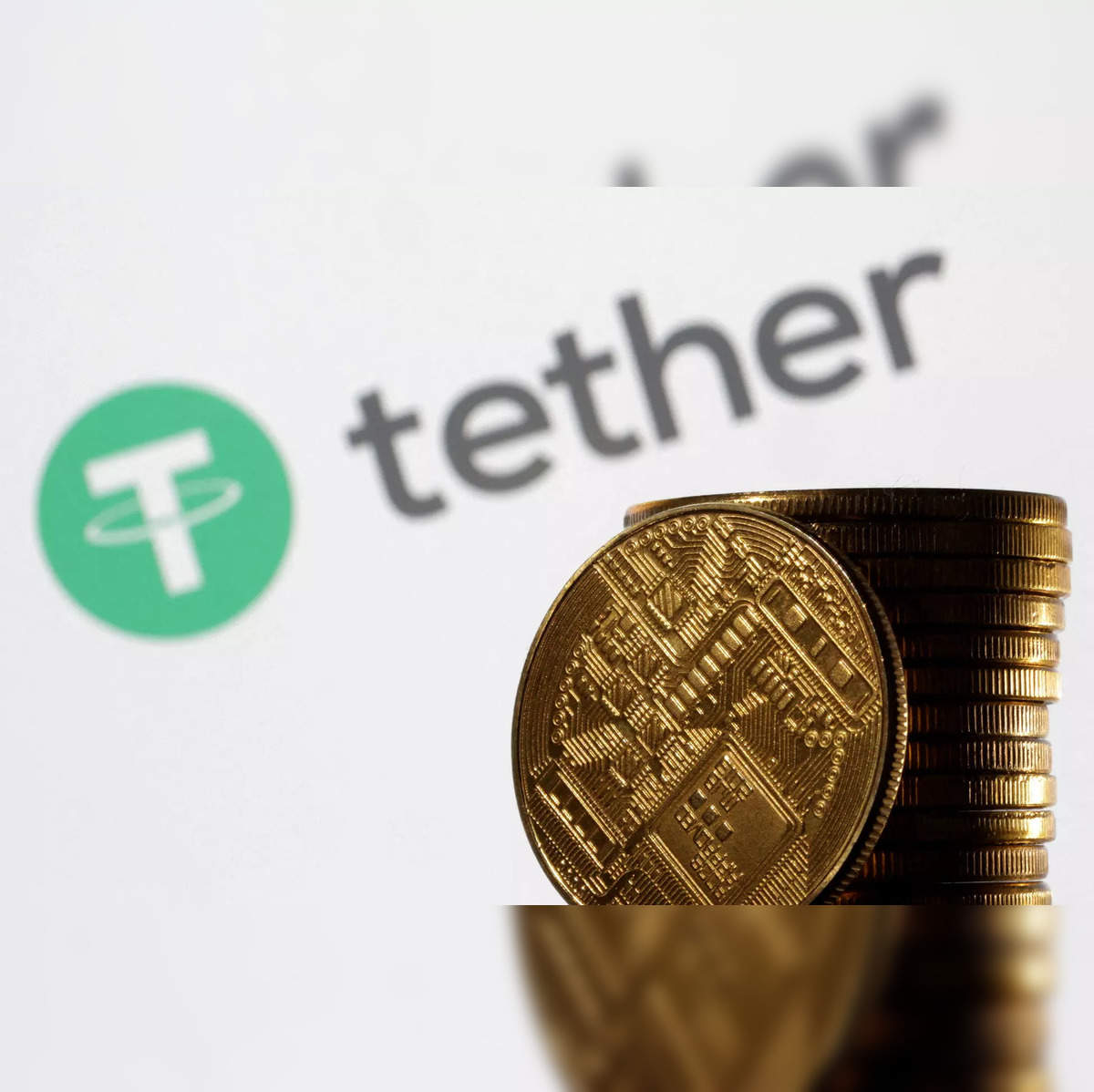Amazon, the American multinational technology company, has been chosen by the European Central Bank (ECB) alongside four other companies to provide assistance in developing user interfaces intended for a digital Euro.
Regarded as one of the most influential economic and cultural forces in the world, Amazon will help in putting up interfaces that focus on e-commerce payments.
ECB has also partnered with Caixabank and Wordline, both of which will deal with peer-to-peer online payments. Meanwhile, Nexi and EPI have been tasked to focus on point-of-sale payments that are initiated by the payer.
Image: Reuters Amazon In Charge Of E-Commerce InterfaceECB emphasized that the prototyping exercise they have employed aims to determine how well digital Euro technology will integrate with company-developed prototypes.
All five companies were selected from a pool made up of 54 service providers, with the ECB picking the best match for a specific capability.
The financial institution said this step is integral to the ongoing two-year “investigation phase” for the digital currency project which is expected to come into fruition in the first quarter of 2023 when they are also expected to publish their findings.
ECB explained that under the exercise, simulated transactions will be launched using front-end prototypes that are developed by Amazon and the other four companies. These transactions will be processed in EuroSystem’s interface and back-end infrastructure.
The central bank clarified that the prototypes involved in this exercise with Amazon will no longer be used for the upcoming stages of the digital Euro project.
ECB Serious About Digital EuroIn June last year, the ECB kicked off its digital Euro project. A few months after that, a two-year assessment phase focusing on retail central bank digital currency (CBDC) was launched, with the European Commission revealing plans of introducing a digital euro bill in 2023 soon after.
With its officials hinting at the possibility of a rollout of digital euro in the next coming years, the ECB could end up being one of the first advanced-economy central banks to have and issue a digital version of its fiat currency.
The ECB is known for its reticence in sharing details of its findings pertaining to the digital Euro, although it has revealed some vague information such as the target rollout year for the project.
Christine Lagarde, the president of the ECB, stated in February that a digital euro will not replace cash, but rather supplement it.
Crypto total market cap at $925 billion on the daily chart | Source: TradingView.com Featured image from Shutterstock, Chart: TradingView.com




